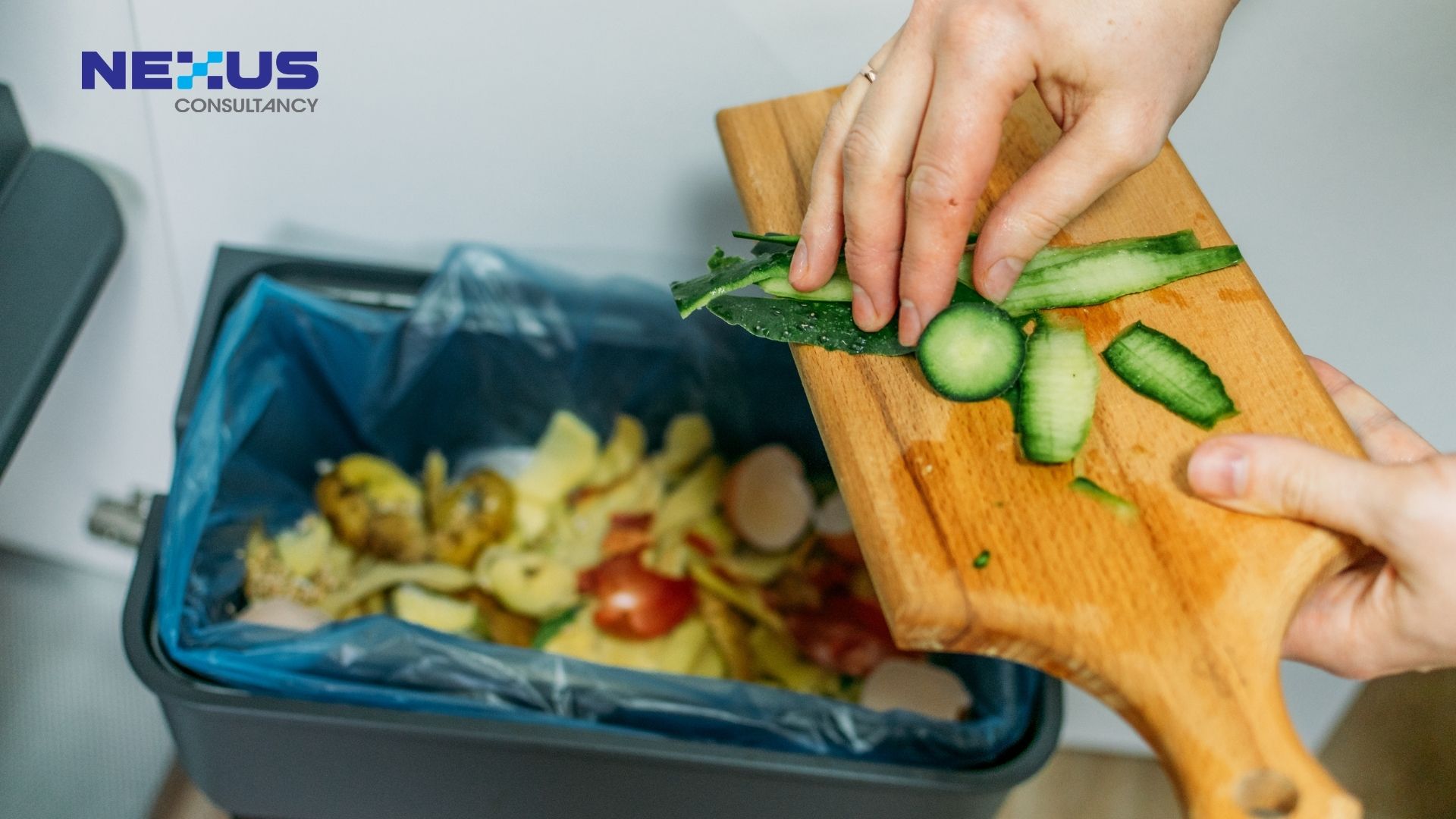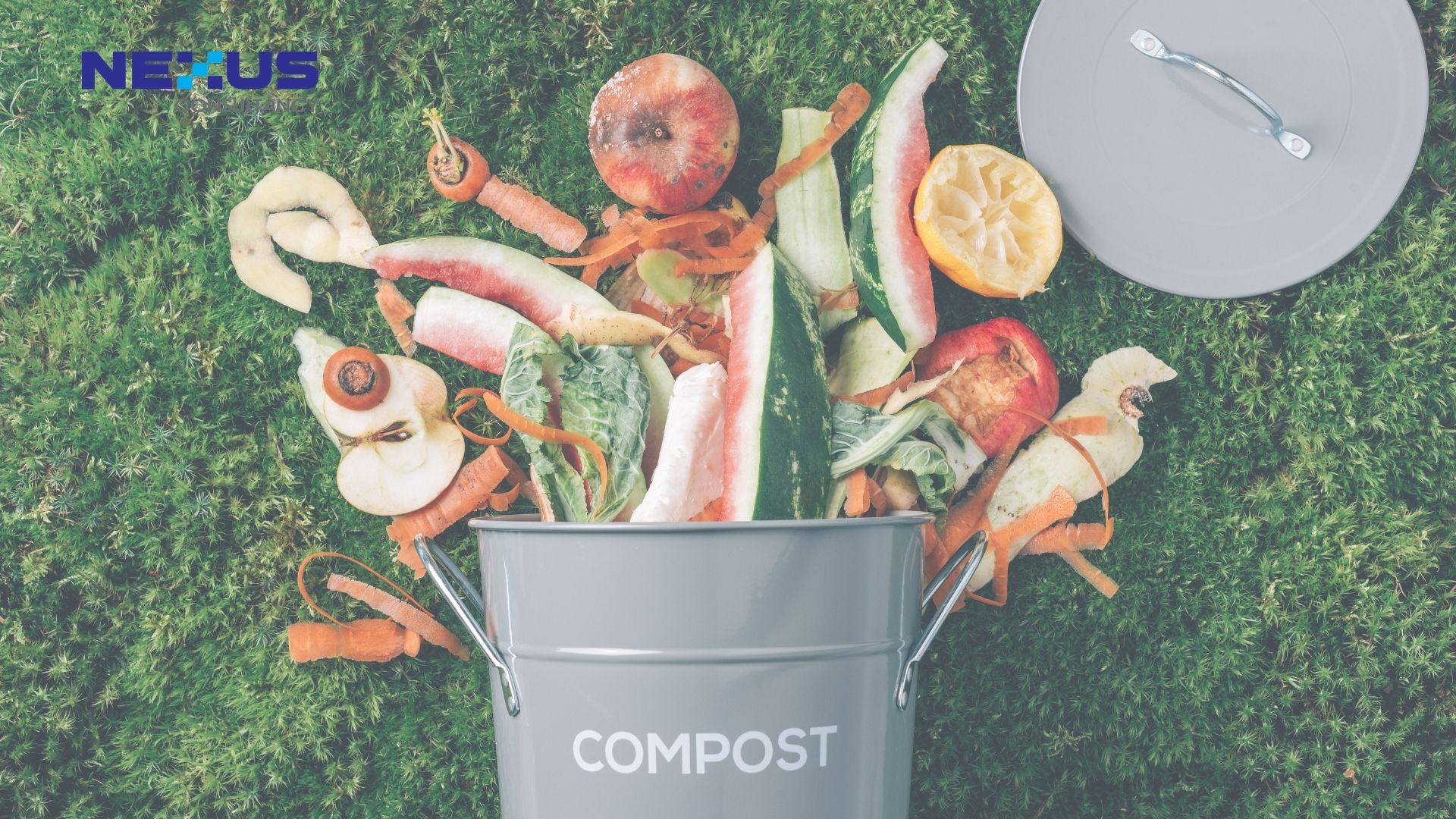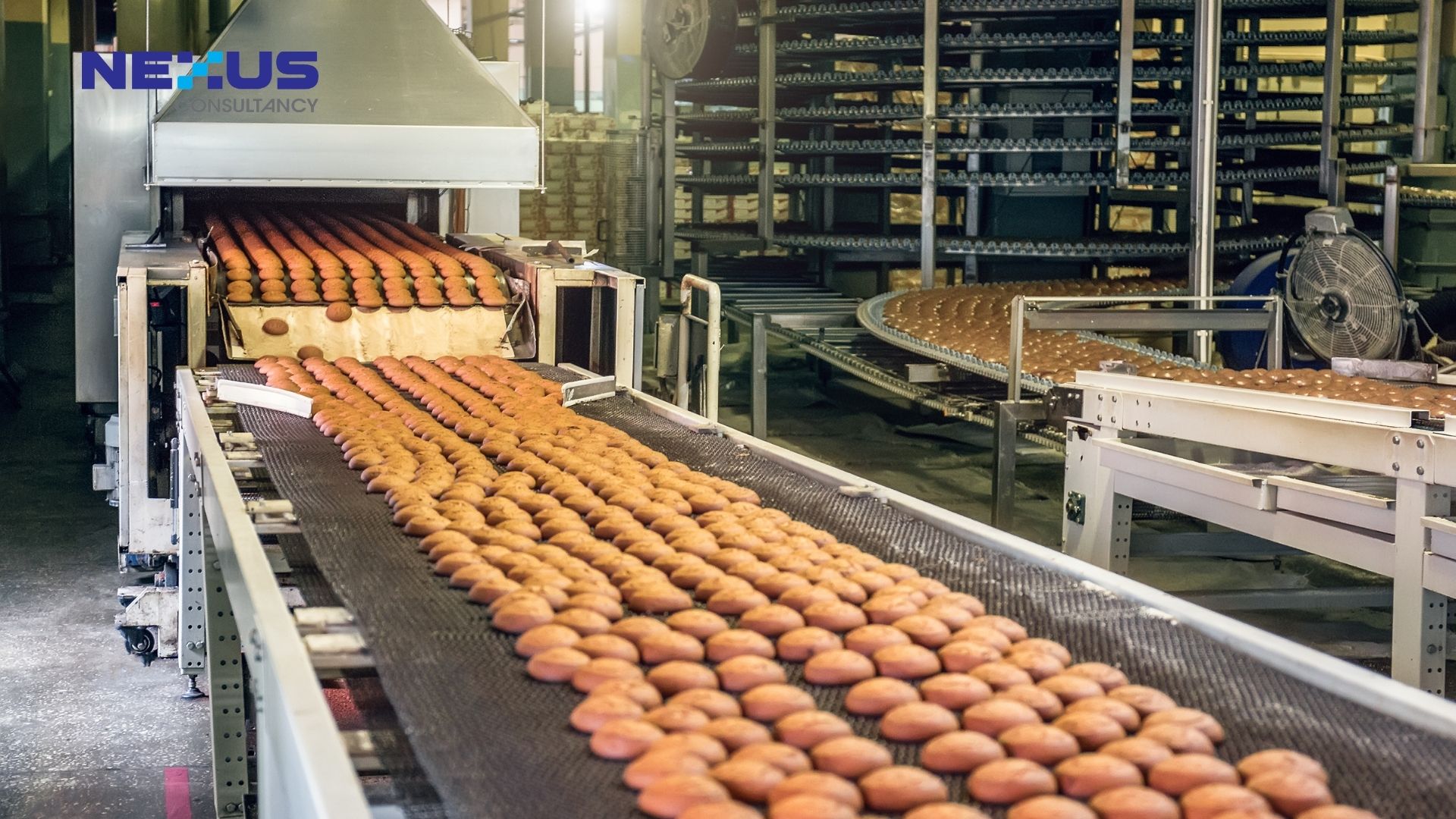
Danielle Tan
Managing Consultant
To succeed in your efforts to build a strong food safety culture, everyone in the business must understand their role in food safety and why it’s important.
– 5 mins read
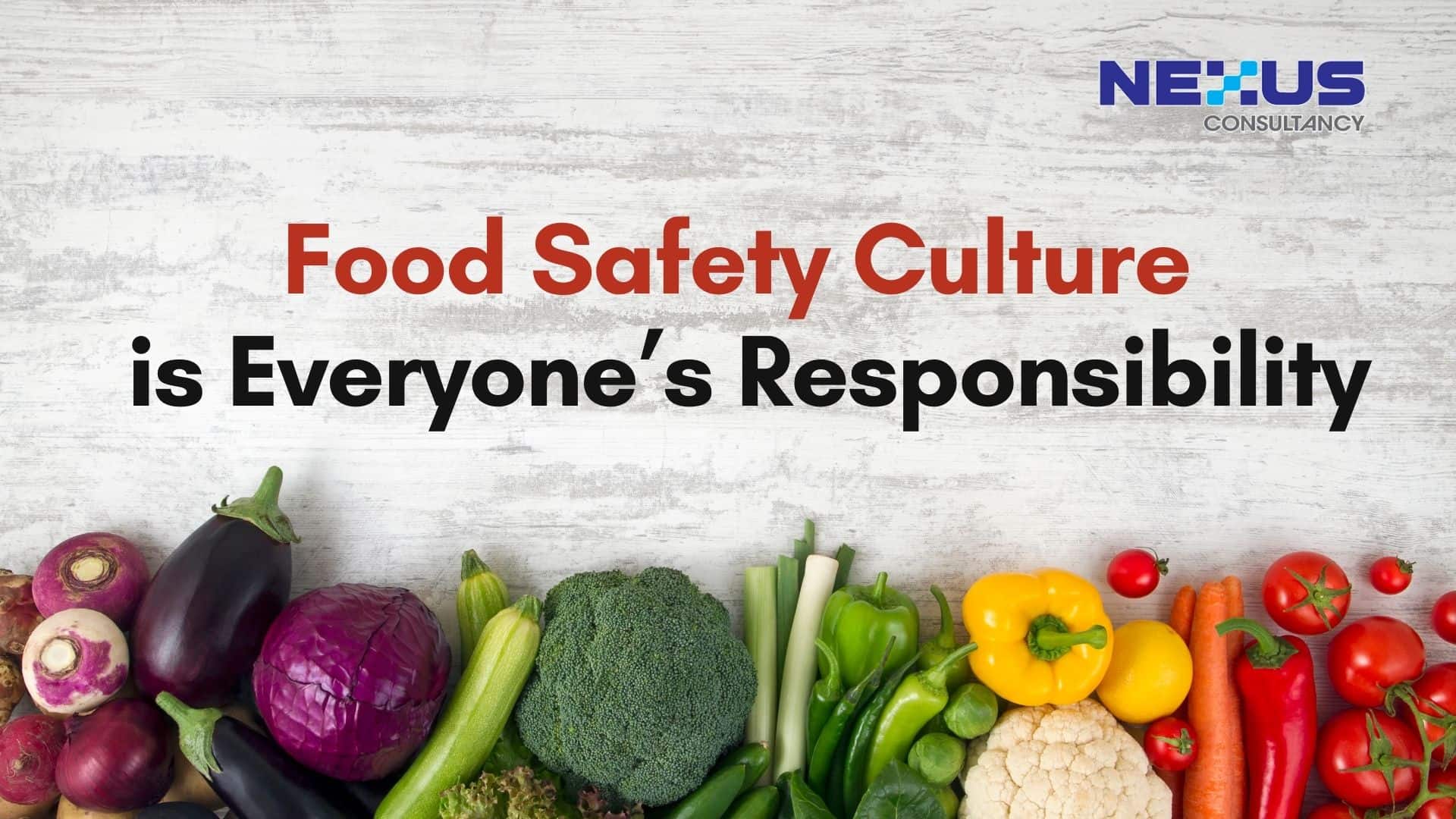
How do you build a food safety culture in your company? Some may have dealt with the company’s food safety culture in this way in the past:
The top management tells the Food Safety Team to create a food safety management system for the company. The Food Safety Team makes a campaign to promote the food safety policy and principles that the top and senior management came up with. The Food Safety Team Leader also sets up education programs for employees, such as food safety awareness briefing once a month. They also do an internal audit once a year and present the results to the top management.
This method seems fine, however when it comes to building a sustainable Food Safety Management System, it no longer works for a number of reasons. For one thing, Covid-19 has changed the way leaders talk to workers and how workers talk to each other. During the pandemic, people had to change quickly and stay flexible. This showed that a top-down leadership style doesn’t work. Next, inconsistency in hygiene and safe food handling practices can’t be solved through one-way awareness briefing program or yearly internal audit.
With that being said, food safety culture has become a strategic priority because in the real food business world, we rely on every person in the food supply chain to make the right decisions to keep our food safe.
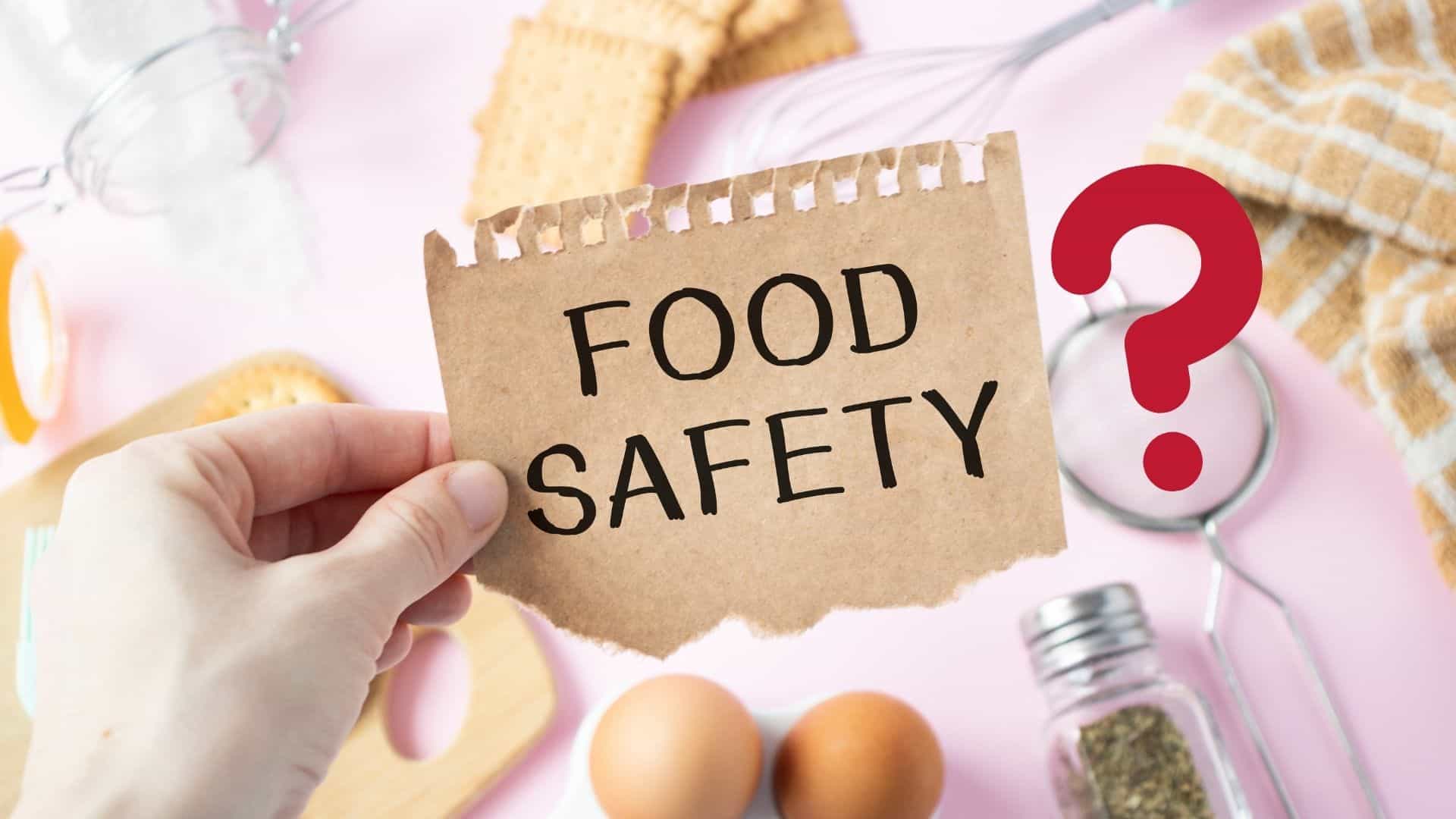
What is a Food Safety Culture?
The GFSI TWG defines food safety cultures as, “shared values, beliefs and norms that affect mindset and behavior toward food safety in, across and throughout an organization.”
Any kind of culture doesn’t live in one person, but in a group. Values are communicated to new employees and made real in groups through norms and behaviors. This is what makes formal systems different from culture. What is “written” goes through human translation within the group to become norms, both good and bad, which are then shared with new members of the group and learned by them. This is one reason why people think it’s hard to change a culture. We aren’t changing formal systems, like values. Instead, we’re changing the unwritten and sometimes unspoken norms and behaviors that are at the heart of them.
At some organizations, a new way of building a food safety culture is already in place, one in which everyone is responsible. Culture-building is important because this model doesn’t treat it like a vague idea that everyone affects but no one leads or is responsible for. Shared responsibility for an organization’s food safety culture means that different people and parts of the organization play different roles in making and keeping the culture.
With this method, different people are in charge of defining and building the food safety culture. This happens through both formal and informal roles, and it shows how organizations work in the real world. It also makes it clear who is responsible for the results. Depending on the type, size, age, and structure of the organization, this method may be used in different ways. However, in general, this is how responsibilities are split:

1. Board of Directors
The board of directors or business owner, develop the company’s vision and mission. The importance of food safety should be reflected in all of the company’s communications, including its website and annual reports, even if it is not explicitly stated in the vision and mission statements. In the same way, a company’s basic principles permeate all parts of operations, including food safety.
The board of directors also ensure that the positive food safety culture is defined and developed in a way that matches with company objectives and satisfies the demands of all stakeholders.

2. Senior Management
Senior management defines the culture they want and grow it by doing things like setting food safety goals, strategies, and key results (KPI) that put food safety culture-building at the top of the list. They also design the organization and its operational processes to support and advance the company’s purpose and core values.
The way a company goes will depend on how its priorities change. Food safety should always be at the heart of the business and a big part of deciding where it goes. When setting a direction or strategy, keep all strategic priorities in mind and make sure food safety is always a factor.

3. Food Safety Team
Create experiences for employees that show and reinforce the food safety culture. They also put in place strategies and programs that help everyone in the organization live up to its culture responsibilities. For example:
- Establish and organize training programs that teach leaders how to build food safety culture in respective department and get employees involved.
- Create food safety culture guidebooks.
- Establish and implement food safety performance management systems, rewards and recognition programs.

4. Middle Management
Middle management gives employees experiences that show and support the food safety culture you want. They also put culture-building plans into action, getting employees to buy into the culture you want, and making sure employees do their part to build the food safety culture.
Leaders develop food safety policies and standards in alignment with the company’s strategic direction, but policies alone are just documents and requirements. The middle management translates the food safety policies into clear behavioral expectations for employees through effective messaging. For a company’s food safety expectations to be understood, the message must be clear. All employees should get the same, clear message, so they understand the company’s safe food practices and overall approach to food safety and are reminded of it often.

5. Employees
Employee provides feedback to the senior management team on how to define the desired food safety culture and how to build it through programs and tactics. This could be done by:
- Giving inputs on how the desired food safety culture matches or doesn’t match the actual culture, how customers see things, and what employees need and expect.
- Giving feedback on the culture-building efforts that are already in place and come up with ideas for new ones.
- Making, following, and enforcing routines and norms that reflect the culture they want, as well as making sure their attitudes and actions match the culture they want.
Conclusion
Positive changes in the organization’s food safety culture and their influence on business can only happen when we change the culture-building approach based on shared responsibility, rather than relying on an individual or department.
The food safety culture of a company needs to be flexible. Any business has to deal with a lot of pressure from the outside as well as changes from the inside, such as new leadership and growth. To keep up with these changes, the culture needs to change.
To get the desired food safety culture, everyone needs to have a clear, consistent, and shared understanding of what it is, and everyone needs to work together in a planned and coordinated way to grow it. Each person or group is responsible in their own way, but everyone is responsible for creating the food safety culture that works for the company.
Reference :
- A Culture of Food Safety- A Position Paper from The Global Food Safety Initiative (GFSI)
- https://hbr.org/2021/02/company-culture-is-everyones-responsibility
More Article
Comparing ISO 14064 and the Greenhouse Gas Protocol in Carbon Reporting
Chief Operating OfficerThe ISO 14064-1 standard provides guidelines for organizations to quantify, monitor, and report greenhouse gas emissions and removals. This aims to explain the purpose and scope of ISO 14064-1, helping readers understand its importance in...
Greenhouse Gas Reporting: Understanding ISO 14064-1 Standard
Chief Operating OfficerThe ISO 14064-1 standard provides guidelines for organizations to quantify, monitor, and report greenhouse gas emissions and removals. This aims to explain the purpose and scope of ISO 14064-1, helping readers understand its importance in...
OSHA (Amendment) Act 2022 Coming into Effect 1 June 2024
Chief Executive OfficerThe government has announced through a gazette dated April 2, 2024, that the Occupational Safety and Health (Amendment) Act 2022 and Factories and Machinery (Repeal) Act 2022 will be in effect starting June 1, 2024. These Acts were passed in...
What is the Greenhouse Gas Protocol?
The government has announced through a gazette dated April 2, 2024, that the Occupational Safety and Health (Amendment) Act 2022 and Factories and Machinery (Repeal) Act 2022 will be in effect starting June 1, 2024. These Acts were passed in Parliament on March 16,...





